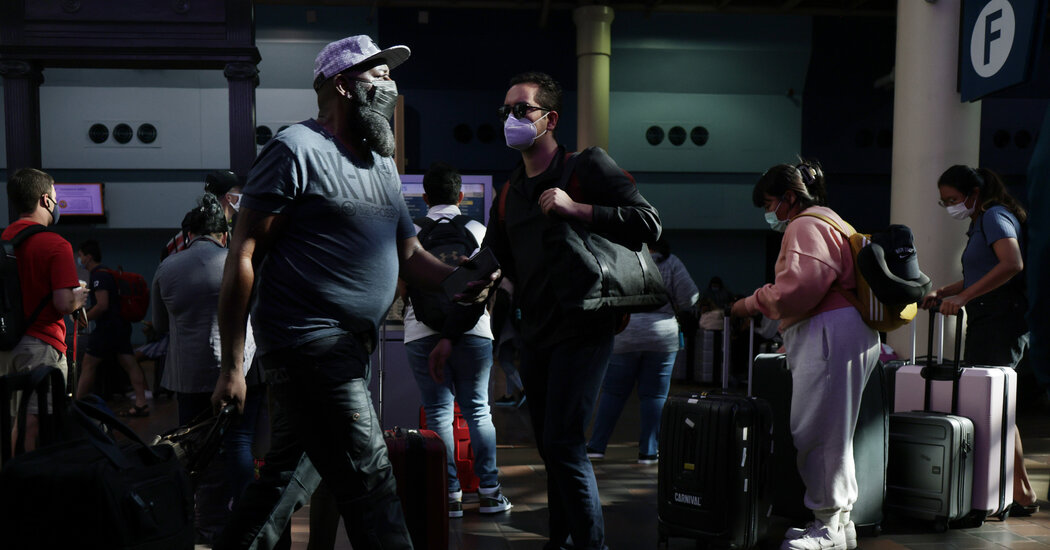
A study published by the C.D.C. on Friday suggested that about half of those who tested positive remained contagious after five days — the length of isolation that the agency currently recommends. “If people isolate for five days, or even worse, we just let people go, it’s possible that we have the potential to see cases rise,” Dr. Sikka said.
Even people who do not become seriously ill may suffer long-term consequences from an infection, noted Zoë McLaren, a health policy expert at the University of Maryland, Baltimore County. “We are making pandemic policy under the assumption that the mass infection that occurred during the Omicron wave has few to no health consequences in the population, but there is growing evidence that Covid infection often has persistent health effects,” she said.
In an open letter to elected officials, a group of 400 experts in public health and education opposed the push to lift indoor mask mandates, saying it was “premature and threatens to place children, their school communities, and their families at greater risk for illness, disability, and death.”
“The challenge right now is that we need to consider, certainly, hospital capacity, but we also need to be considering vaccination uptake among children, among adults,” said Sonali Rajan, an expert in school health programs at Columbia University and one of the authors of the letter.
Ideally, the C.D.C. would continue to refine its models for assessing risk in communities, including incorporating signals from wastewater analysis and other approaches, said Joseph Allen, an expert on buildings quality at the Harvard T.H. Chan School of Public Health.
“One thing is clear, there is no bright line cutoff for any of these metrics,” Dr. Allen said. “I hope C.D.C. avoids that pitfall again.”
Zolan Kanno-Youngs contributed reporting.




